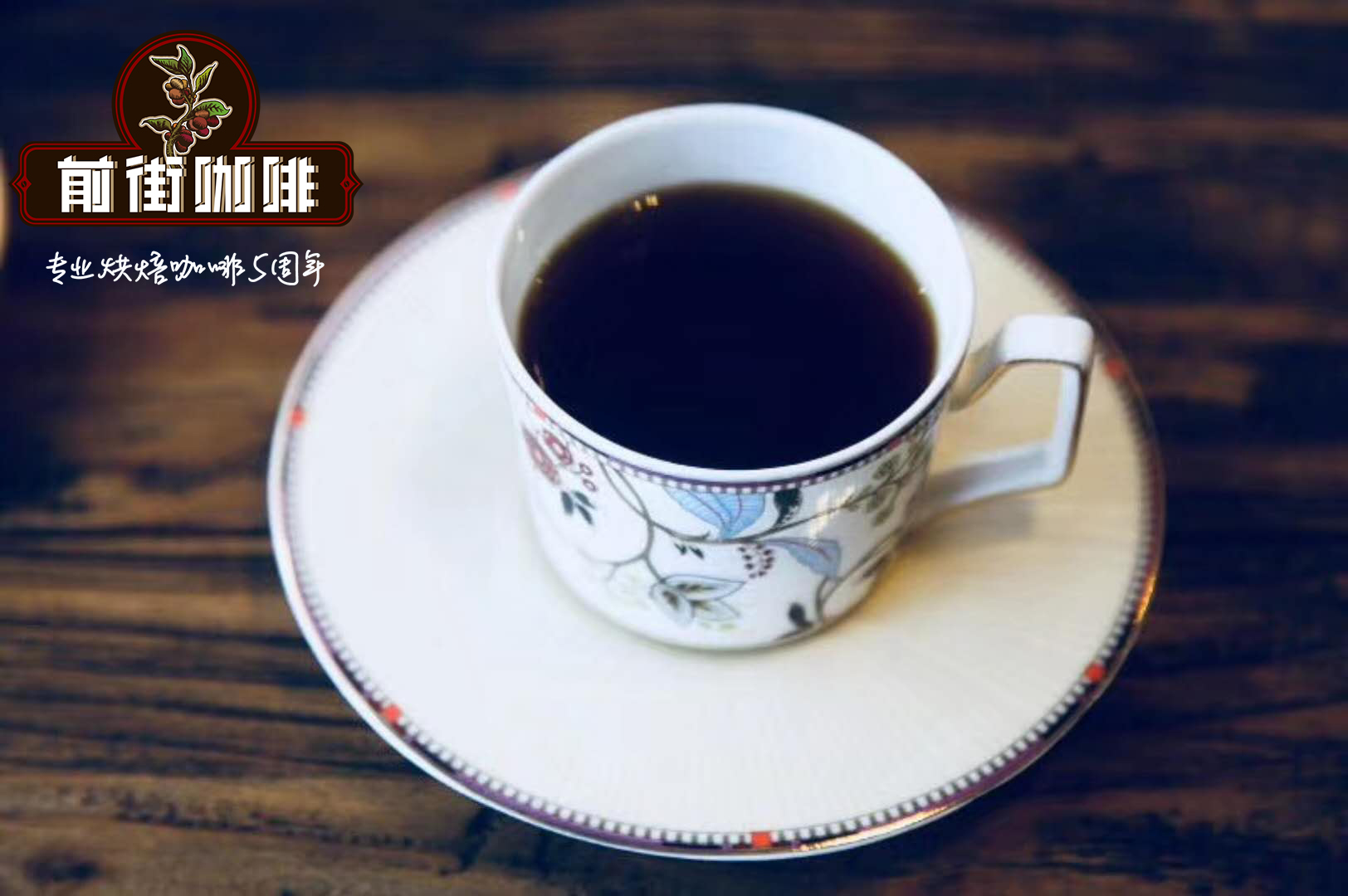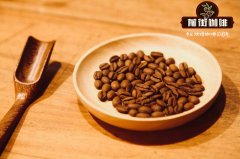Blue bottle coffee rare Yemeni limited coffee bean introduction popular coffee bean flavor description

Professional coffee knowledge exchange more coffee bean information please follow the coffee workshop (Wechat official account cafe_style)
YEMEN PORT OF MOKHA AL-JABAL LOT 26 Yemeni coffee powder
500 years ago, Yemen was the world's earliest producer of coffee beans.
In the 200 years since then, all the coffee drunk around the world was made in Yemen.
Even coffee saplings from countries such as Indonesia and Brazil originated in Yemen.
Now in Yemen, due to years of war and environmental damage, it is very difficult to grow high-quality coffee beans.
But Yemen, together with coffee lovers around the world,
In traditional coffee production areas, excellent coffee beans are once again produced bit by bit.
This limited edition of the rare "PORT OF MOKHA" coffee powder
So that you can enjoy it at home.
Blue bottle Coffee (Blue Bottle) / Yemeni mocha / at first the Yemeni coffee beans were exported to Europe from the port of Mocha in the southwest, so the coffee beans exported from the port of Mocha were later called Arabica Coffee. The coffee particles are small but the hardness is very high, of which Mattari (also translated as Matali or Matali) is the most famous and of the best quality.
Yemeni Mokamatali
When it comes to Yemeni coffee, it immediately reminds people of thick and wild sun beans.
Yemeni coffee has a long history. Arabica beans were introduced from the Hara region of Ethiopia in the 6th century.
Since ancient times, coffee farmers in Yemen have been planting in accordance with the ancient methods handed down by their ancestors.
Because of the rugged terrain and the lack of rainfall, coffee farmers choose terraces or depressions for planting.
And choose a place that is not easily exposed to intense sunlight.
In addition, most Yemeni farmers are poor and cannot buy pesticides, almost all of them are cultivated naturally and organically.
Madali (also translated as Matali) is the best-known and highest-altitude coffee-producing region in Yemen.
The planting area is concentrated in the Mata Heights west of the Yemeni capital Sana'a (2000m above sea level).
Limited by the lack of rainfall, lack of arable land and other factors, the annual output is not much.
The raw beans of Yemeni mocha coffee are treated in the sun, and the fruits are harvested and spread on their own courtyard or roof.
At first, Yemeni coffee beans were exported to Europe from the port of Mocha in the southwest, so the coffee beans exported from the port of Mocha were later called mocha coffee.
The variety is Arabica, the coffee granules are small but the hardness is very high, among which Mattari (also remade Matali or Matali) is the most famous and the best quality.
With rich berry aromas and consistency, it is regarded as high-priced coffee in Europe, the United States and Japan. The bean is slender in shape and has a strong, thick flavor with obvious berry aromas.
Flavor description: rich and full-bodied palate with clean flavor lines, low acid value, but charming fruit flavor, berry, blackcurrant, chocolate, honey, fruity and lingering finish
Medium baking-taste performance:
Bright and clear berry, fruit, wine, chocolate, drupe, lemon, sweet and sour taste, fresh and bright aroma stay in the nose (delicate slightly sour taste, suitable for coffee lovers who like to taste sour fruit).
Medium and deep baking-taste performance:
Strong fresh berry, red wine, subtle chocolate, floral, medium consistency, changeable wild aroma changes back to sweet! No sour, no bitterness and rich aroma changes, suitable for lovers who like to taste the original coffee.
Related recommendation: description of Yemeni coffee flavor and taste characteristics is Yemeni mocha coffee good?
Important Notice :
前街咖啡 FrontStreet Coffee has moved to new addredd:
FrontStreet Coffee Address: 315,Donghua East Road,GuangZhou
Tel:020 38364473
- Prev

Yemeni coffee with rich flavor: wild guy Barney Yemeni mocha Harz coffee has the characteristic taste and flavor.
Professional coffee knowledge exchange more coffee bean information please follow the coffee workshop (Wechat official account cafe_style) Yemeni coffee wild guy Barney, this is the first time I have seen beans taste really good, medium-and deep-roasted, but the bitter taste is not strong only for a moment, followed by distinct sweetness, obvious cocoa flavor, and I am not sure of the taste of some kind of fruit
- Next

Yemeni Mokamadali Coffee how to make Yemeni Mokamada Coffee by hand
Professional coffee knowledge exchange more coffee bean information please follow the coffee workshop (Wechat official account cafe_style) country: Yemeni product name: Yemen Madali production area: Matali handling method: sun altitude: 20002400 meters variety: Arabica whenever Yemeni coffee immediately reminds people of thick and wild sun-dried beans, Yemeni coffee farmers have been since ancient times
Related
- Detailed explanation of Jadeite planting Land in Panamanian Jadeite Manor introduction to the grading system of Jadeite competitive bidding, Red bid, Green bid and Rose Summer
- Story of Coffee planting in Brenka region of Costa Rica Stonehenge Manor anaerobic heavy honey treatment of flavor mouth
- What's on the barrel of Blue Mountain Coffee beans?
- Can American coffee also pull flowers? How to use hot American style to pull out a good-looking pattern?
- Can you make a cold extract with coffee beans? What is the right proportion for cold-extracted coffee formula?
- Indonesian PWN Gold Mandrine Coffee Origin Features Flavor How to Chong? Mandolin coffee is American.
- A brief introduction to the flavor characteristics of Brazilian yellow bourbon coffee beans
- What is the effect of different water quality on the flavor of cold-extracted coffee? What kind of water is best for brewing coffee?
- Why do you think of Rose Summer whenever you mention Panamanian coffee?
- Introduction to the characteristics of authentic blue mountain coffee bean producing areas? What is the CIB Coffee Authority in Jamaica?

